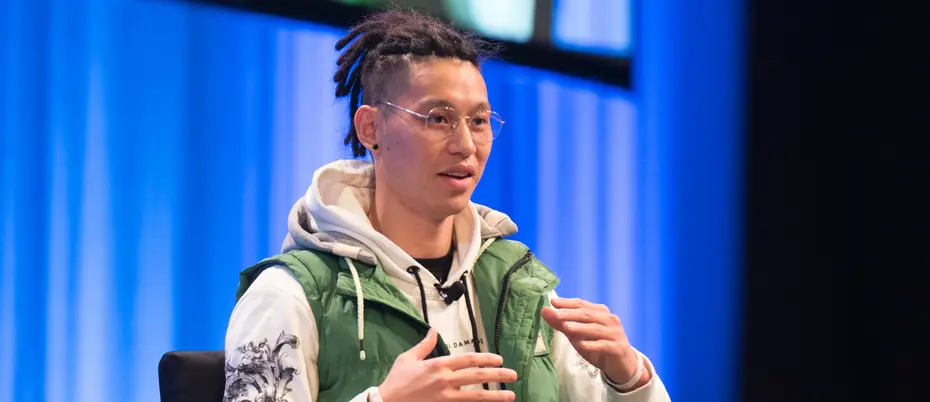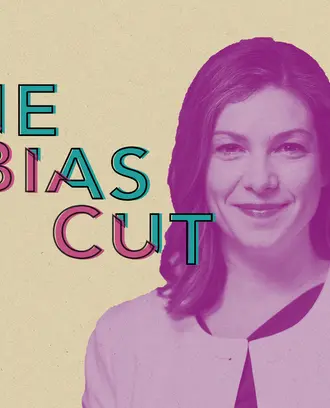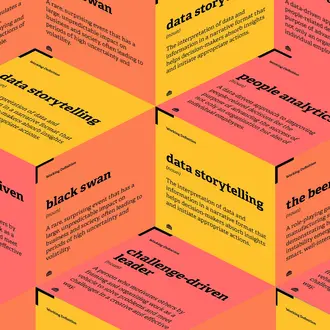Playing defense against online harassment
You can’t get rid of all internet trolls, but you can choose how to respond to them.
If there's one thing Brooklyn Nets guard Jeremy Lin has learned about social media, it's that timing is everything.
"People are like 'You lost last night, what are you doing eating a meal?'" Lin said Feb. 24 at the MIT Sloan Sports Analytics Conference. "Sometimes it's that ridiculous, but sometimes it's also my fault, too. Maybe I shouldn't post about something really casual. That's where I think timing and everything is really important in terms of understanding where you're at, where your team's at, and going forward from there."
Lin's lesson learned comes from developing a Twitter following of more than 2.5 million users, and another 1.3 million users on Instagram (not counting his overseas accounts). He joined a panel of athletes at the conference to talk social media content and advice for handling criticism.
"There's always going to be trolls in person and we're wired to think negative or respond to someone who contests us," said Paul Rabil, lacrosse player for the New York Lizards.
Rabil said he'll try to determine whether someone is being rational or not before responding to criticism on social media. He doesn't mind responding to people who are being thoughtful when arguing a point.
Sue Bird, point guard for the Seattle Storm, said there are a variety of reasons why someone would harass or bully someone online, but regardless of motive, she won't engage with online trolls because she knows they're looking for a reaction.
"I will write something and then I will delete it," she said.
Lin said depending on whether it's lighthearted ribbing or more serious harassment, he'll put himself in the shoes of the critic. Often a critic is hurting in their own life, Lin said, and needs to put others down to feel better about themselves.
So when he does respond, Lin said he'll try to frame his response in a way that doesn't invite more harassment — from his fans rushing to his defense. During this year's Super Bowl, for example, Lin tweeted something about the game, and a Twitter user responded with a racist comment.
Lin said that instead of saying something hateful back to the user, which would have caused his followers to swarm the online troll, he instead tweeted back to the person that it was not ok to use racist terms.
"Responding to him also allowed me to push an underlying message and do it in a way so my fans know I'm not hateful bashing somebody else," Lin said. "A lot of [trolls], once you call them out, they're like 'Sorry, my bad I didn't mean it like that.' Sometimes it really requires me to just chill, too, and think about what it's like to be that person."
Jalen Rose, an ESPN analyst and former NBA player, said he understood wanting to control the narrative on a personal social media page.
"Initially I wanted to send a message that I'm not having it in my house, so if you come on my timeline and you're talking crazy about me, I'm going to block you," Rose said.
He's since relaxed that policy, but Rose also admitted a lesson he's learned from being both an athlete and a social media user: Sometimes criticism is an opportunity for self-evaluation and improvement.




